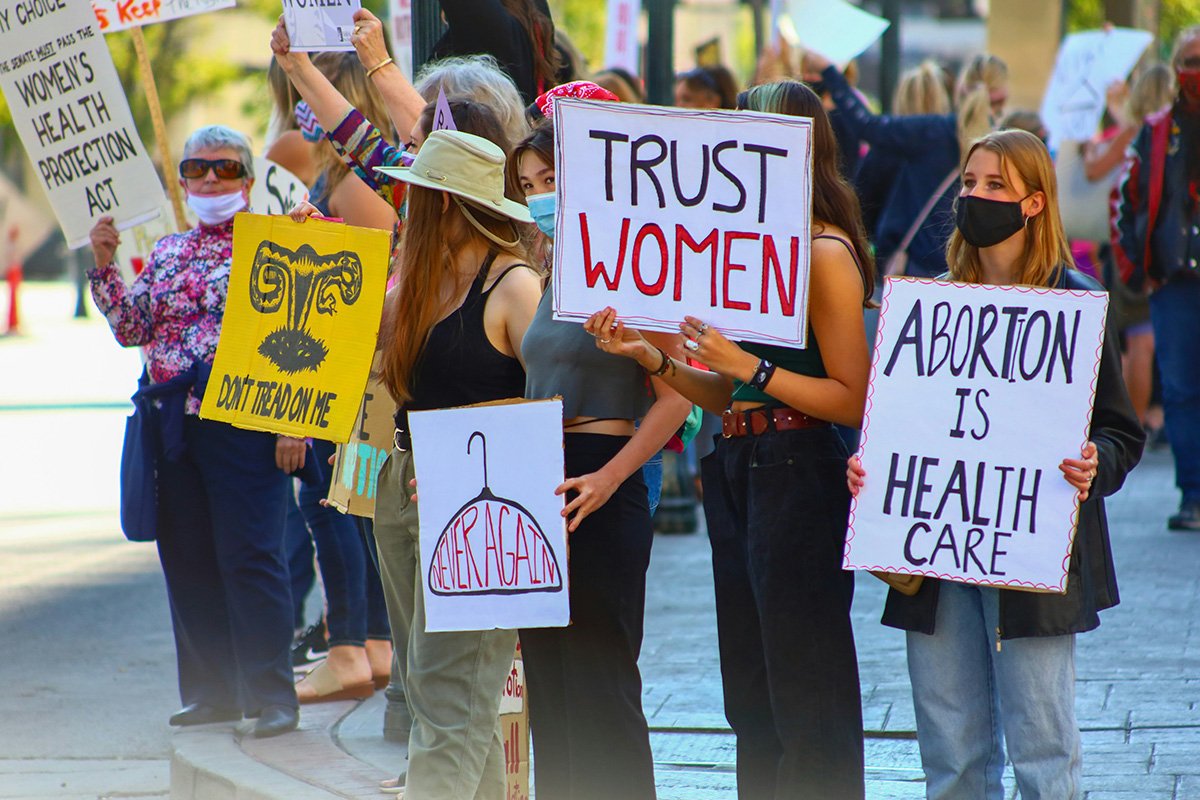November 27, 2013; Washington Post
An experiment of sorts will be occurring shortly in Kansas, and nonprofits ought to be paying close attention. Currently, the state pays nonprofit community-based nonprofits and county agencies to provide in-home assistance with professional caregivers to people with severe disabilities, at a cost that is cheaper than institutionalization.
As of January, home- and community-based services for 8,500 developmentally disabled people in the state will be transferred to the state’s Medicaid managed care system, KanCare, which is run by three for-profit insurance companies. Louisiana and New Hampshire are watching the Kansas experience as they contemplate replacing the networks of nonprofit care providers with private companies motivated by the need to make a profit.
The Kansas experience has its critics from the nonprofit sector. “This is an unprecedented model. No state has ever taken a developmental disability population and placed it in an arrangement like this, with an out-of-state managed care system, all at once,” Rocky Nichols, executive director of the Disability Rights Center of Kansas, told the Post. “It’s almost like throwing everyone into the deep end of the pool.”
Sign up for our free newsletters
Subscribe to NPQ's newsletters to have our top stories delivered directly to your inbox.
By signing up, you agree to our privacy policy and terms of use, and to receive messages from NPQ and our partners.
The issue really concerns the developmentally disabled. Programs for the frail elderly, mentally ill, or physically disabled have been transferred to managed care systems in many states, but, according to the Post, not typically for adults with developmental disabilities because of their specialized needs.
“Some need round-the-clock supervision and many require assistance with dressing, bathing and preparing meals, as well as transportation,” writes the Post’s Jenni Bergal. “Some need help finding a job or volunteer work, and many attend daytime activity centers.” But even the small number of states such as Vermont and Michigan that have placed the developmentally disabled into managed care typically have turned to community-based nonprofits that have converted into managed care organizations.
Kansas has chosen to rely on three national for-profit companies for services to all 380,000 people on Medicaid, including the 8,500 developmentally disabled Kansans: Amerigroup, UnitedHealthcare Community Plan, and Centene subsidiary Sunflower State Health Plan. When the state turned over services for the frail elderly, physically disabled, and mentally ill to KanCare in January of this year, the legislature chose to delay doing the same to the developmentally disabled until January of 2014.
The underlying issue is obvious: Will the shift from a network of community-based nonprofit providers to large, out-of-state for-profit providers lead to a different level of care for the developmentally disabled population of Kansas? Will the shift from community-based nonprofits with long experience with the developmentally disabled population to for-profit providers without that experience cause a diminution of service quality? Is there something important, valuable about this service delivered by nonprofits as opposed to for-profits? Kansas should be a closely watched experiment.—Rick Cohen












